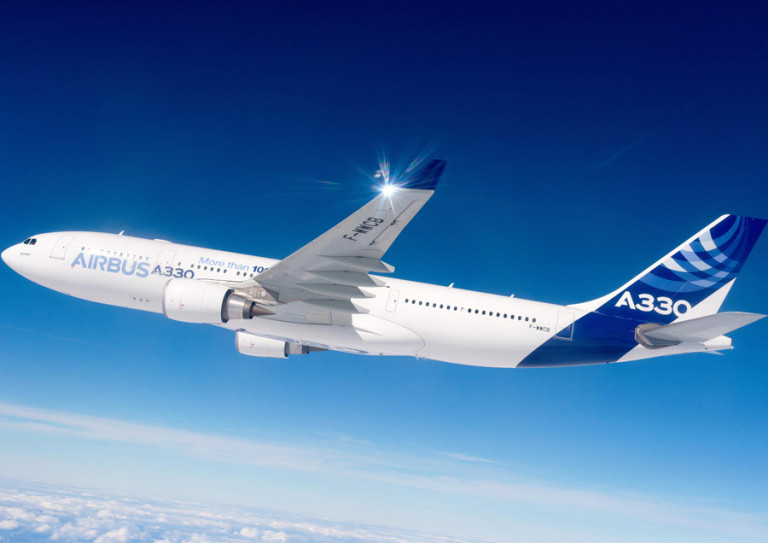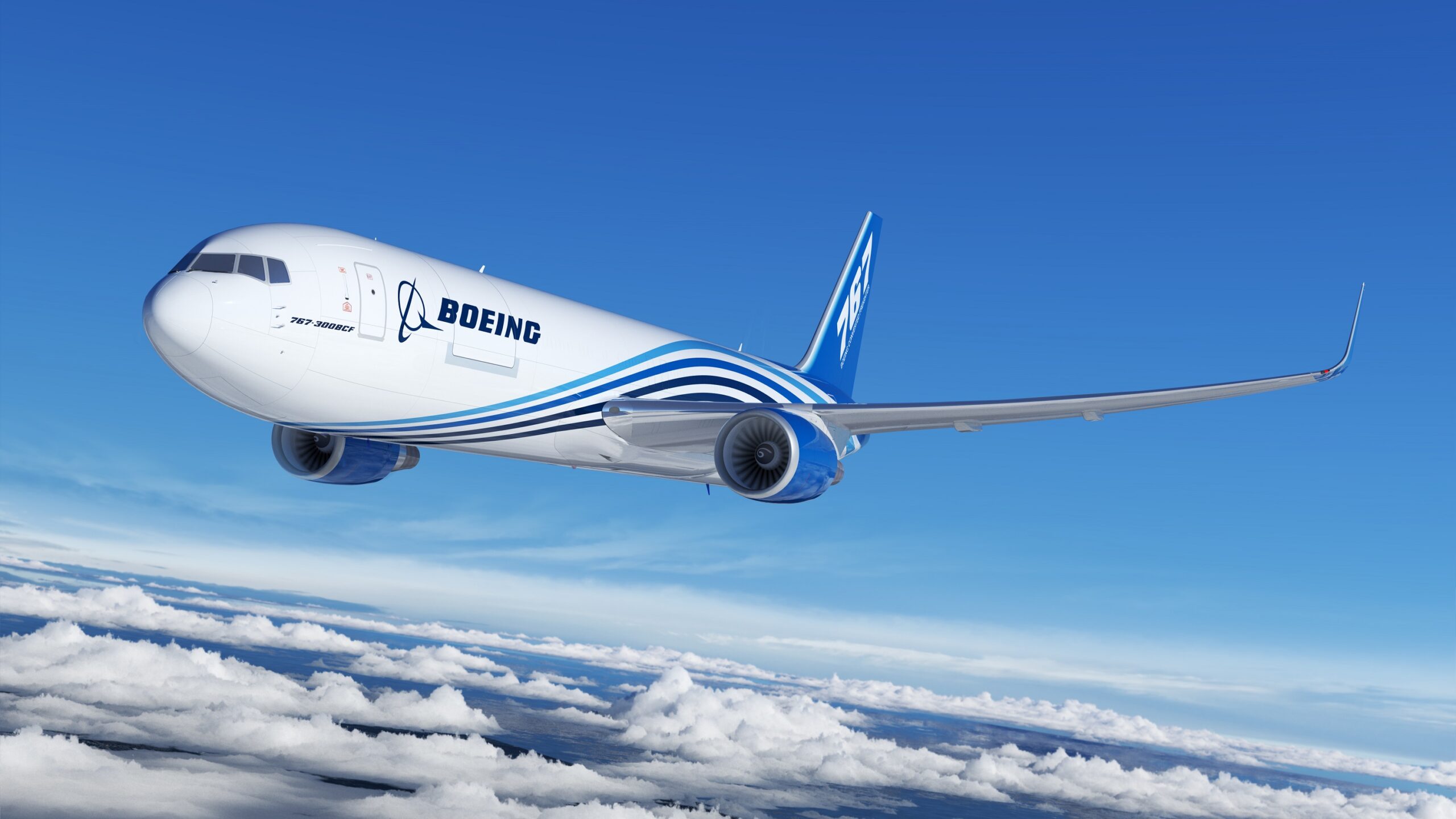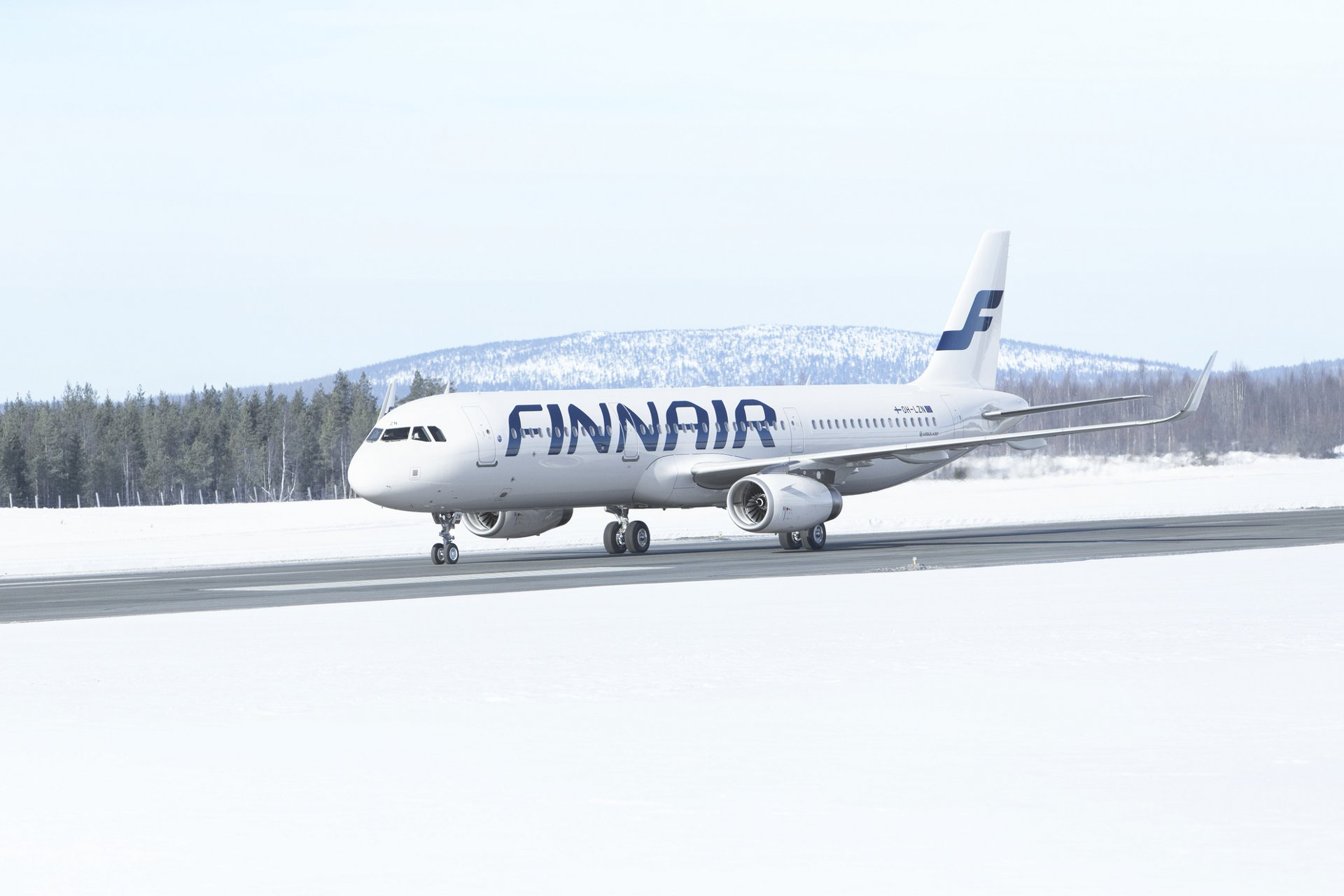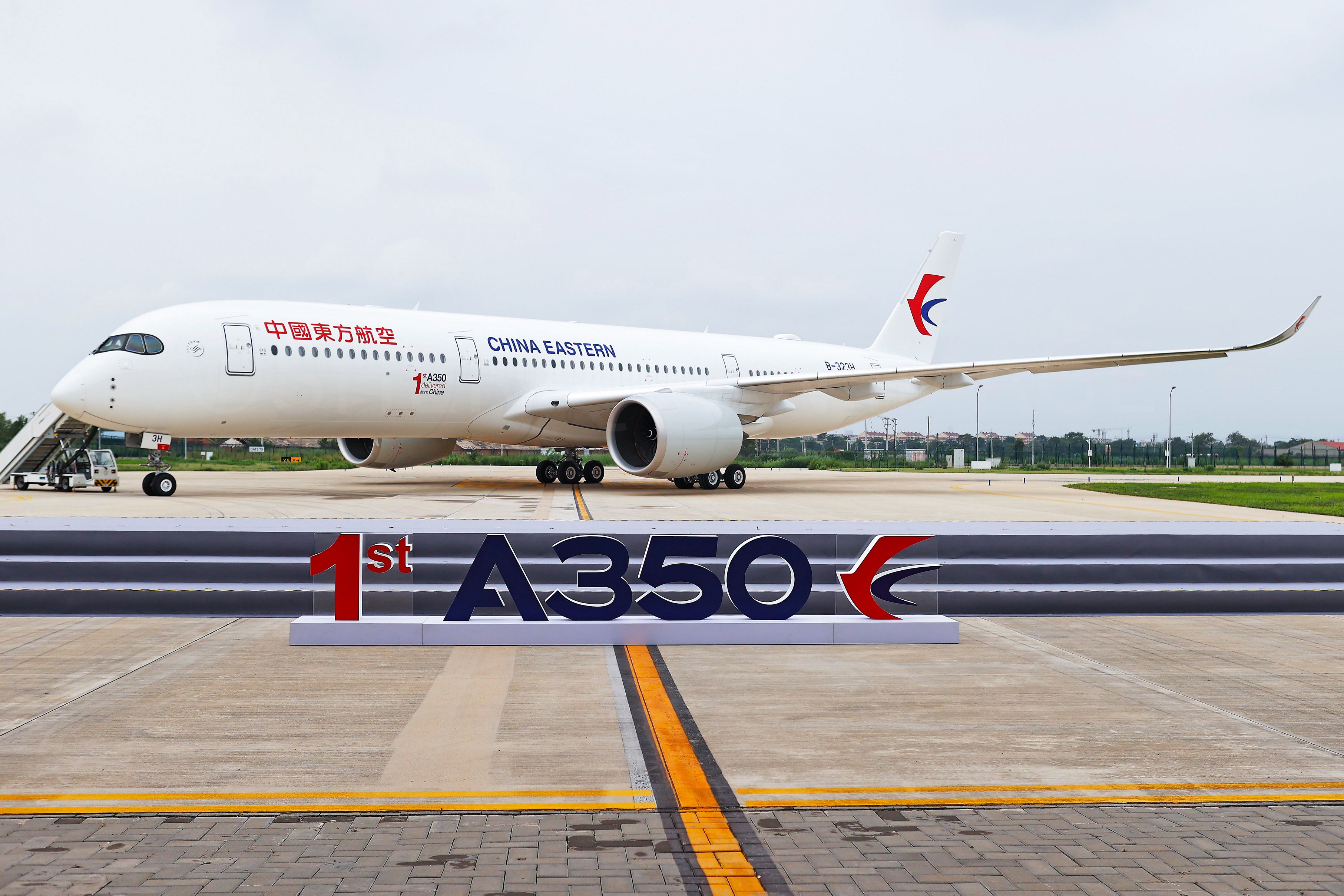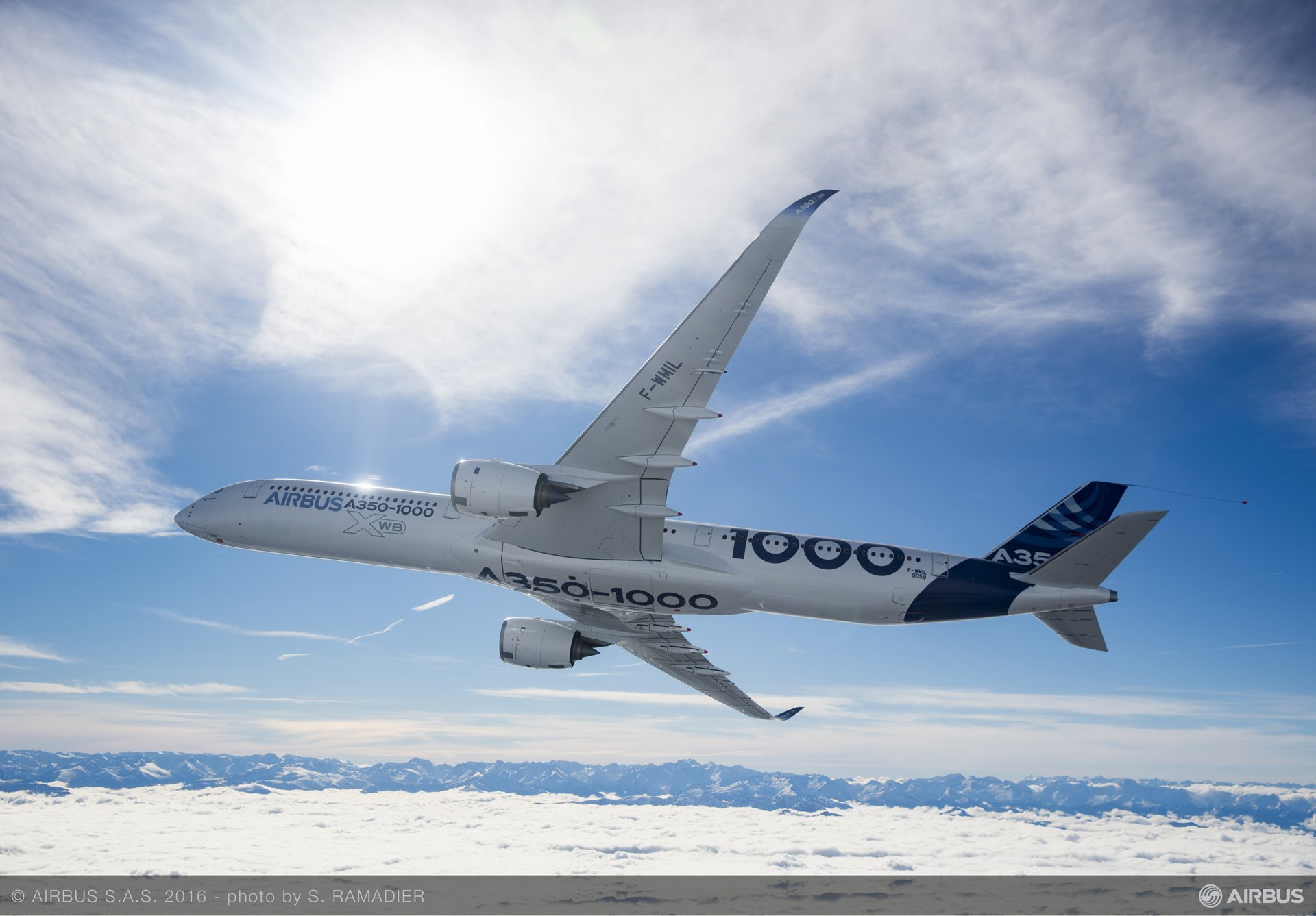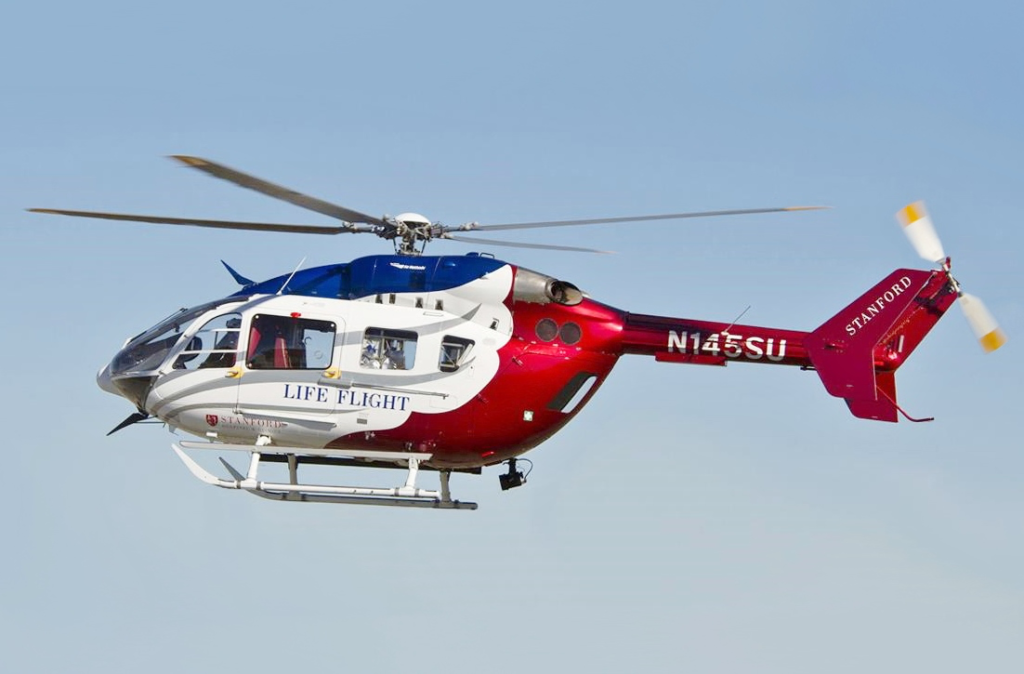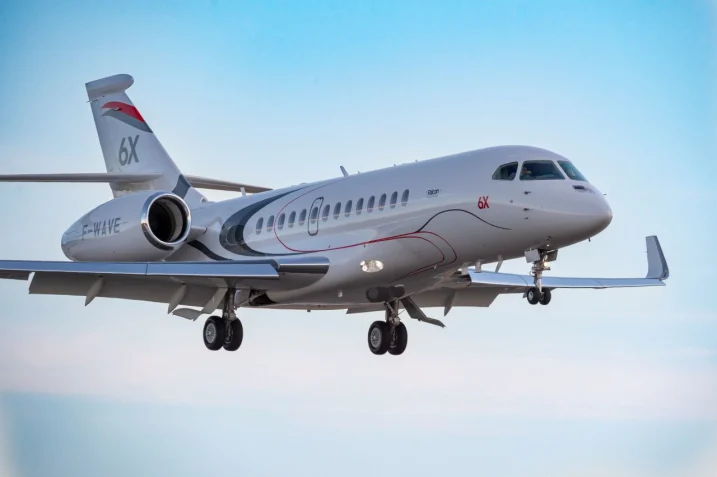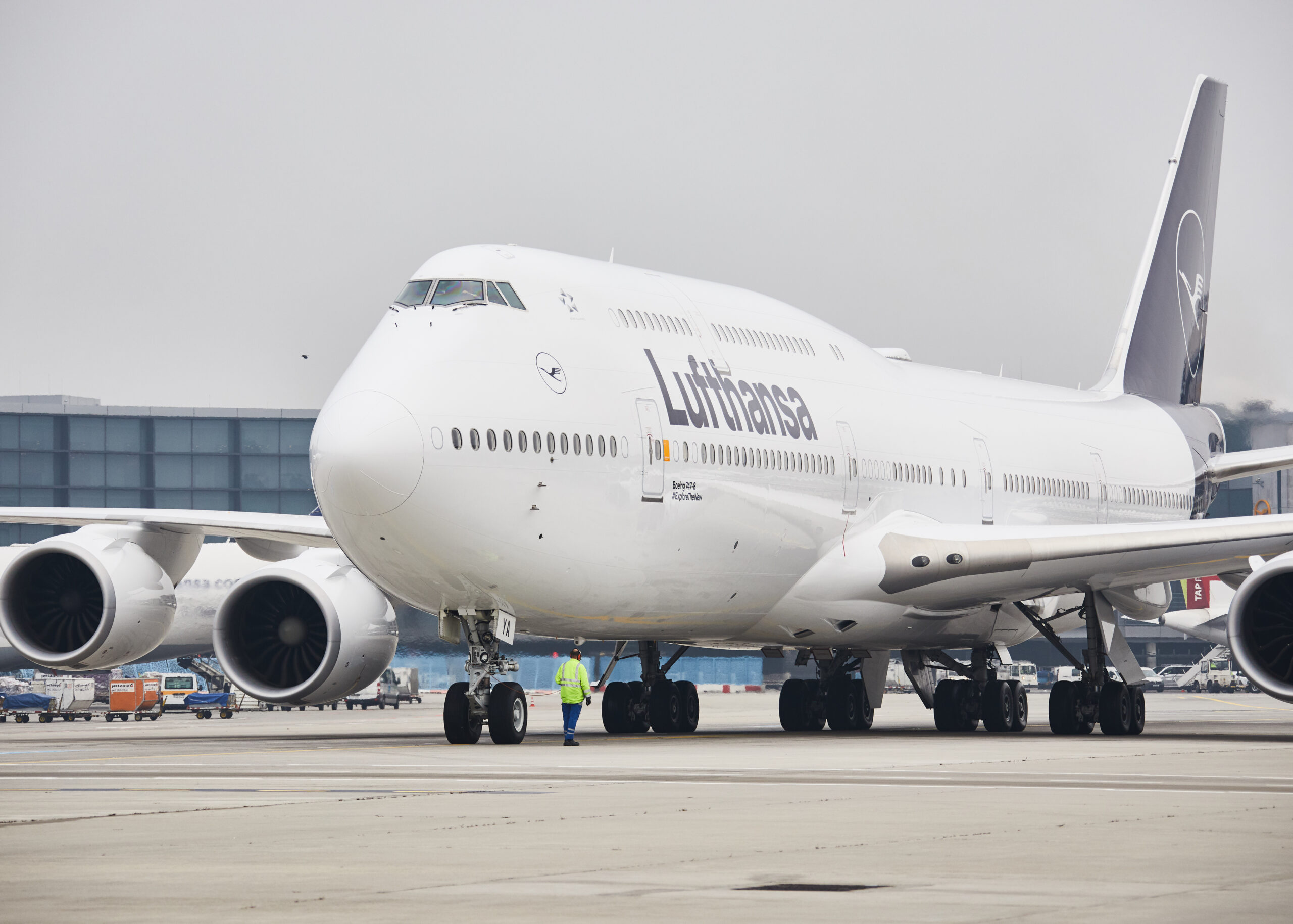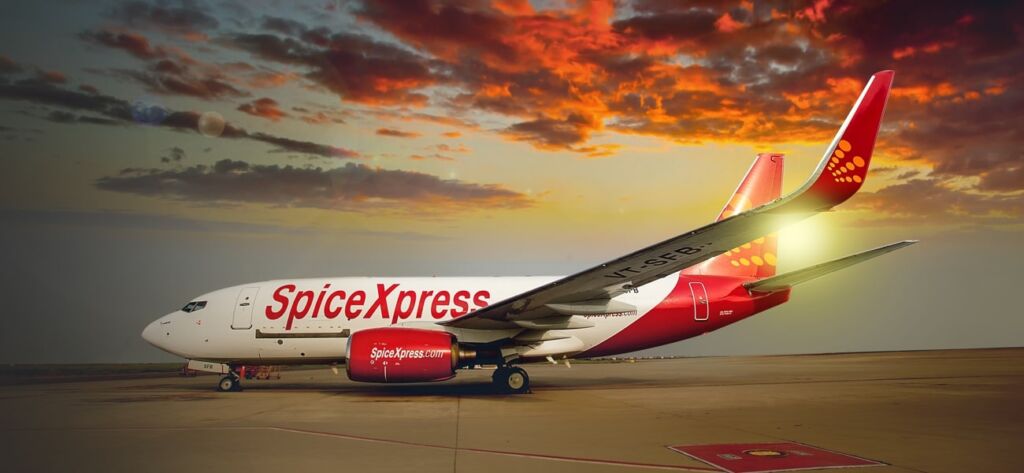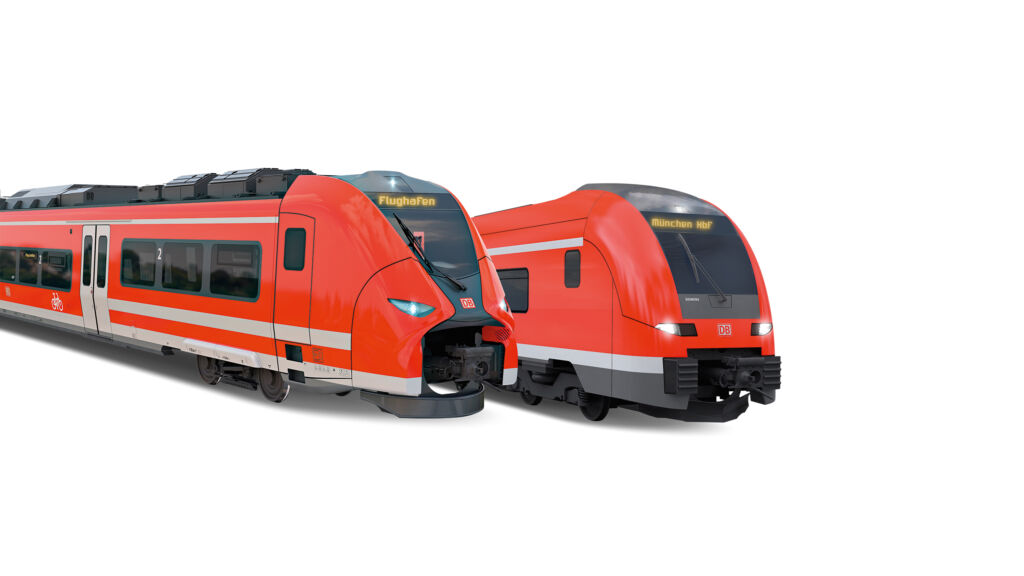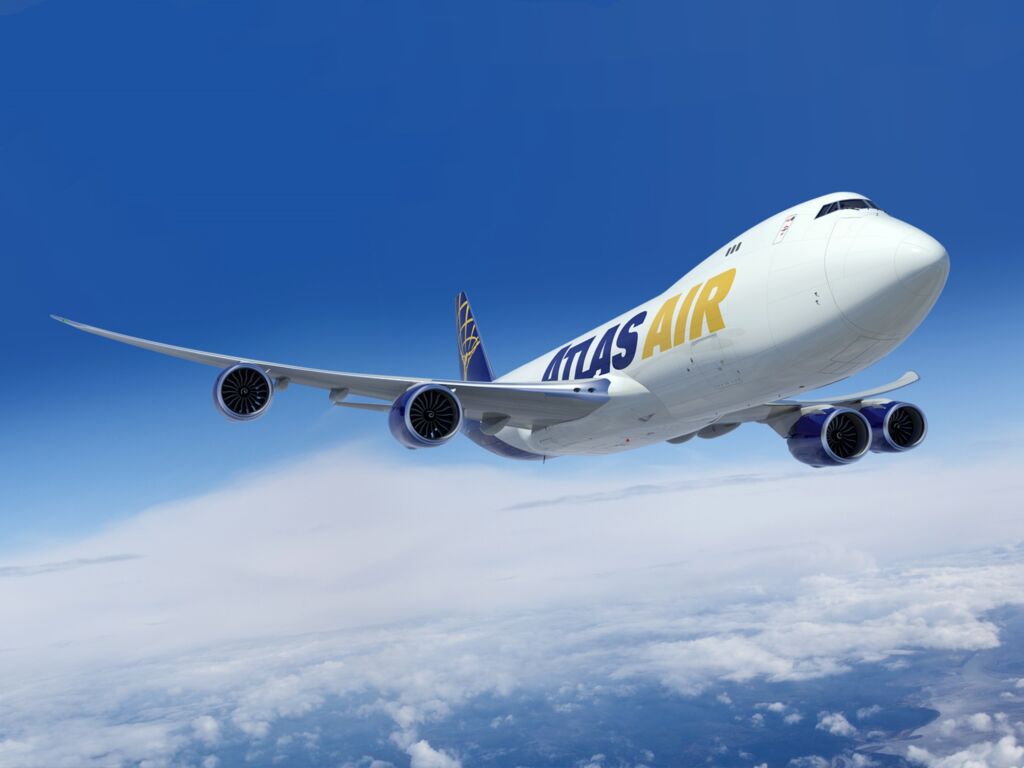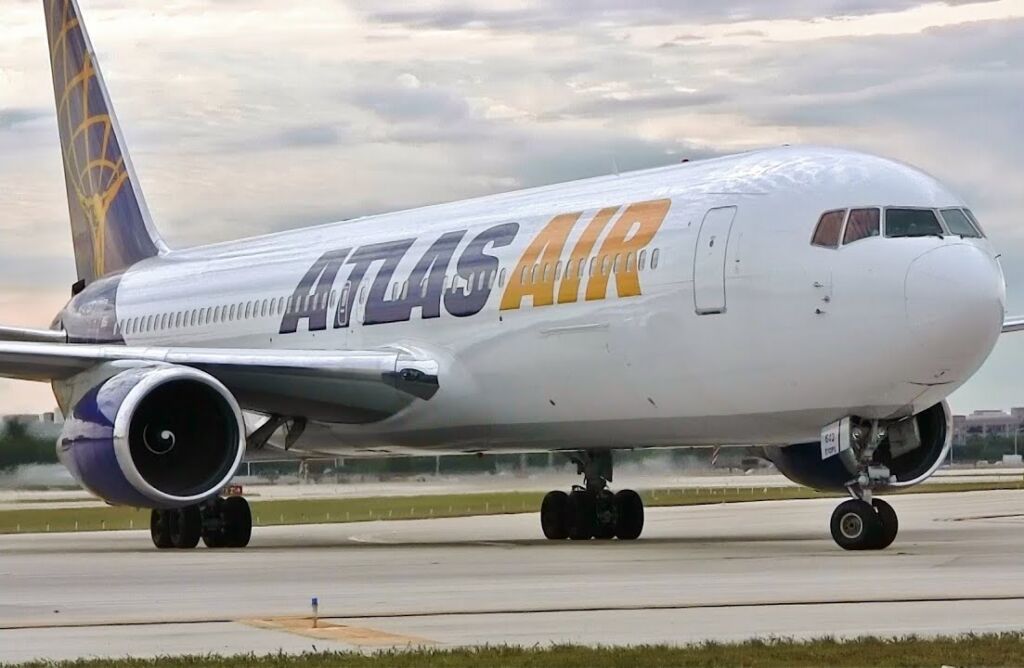Vietnamese airline Vietjet Aviation will operate Rolls-Royce (OTC: RYCEY) Trent 700 engine-powered Airbus A330 aircraft in its fleet. As part of the airline’s strategic fleet decision, these will be the first widebody aircraft to join its operations as it expands its network into long-haul operations. The selection is supported by a TotalCare long-term aftermarket engine maintenance agreement. The first aircraft is expected to enter into service in November 2021.
The Trent 700 is the only engine specifically designed for the A330 and is widely recognised for its outstanding efficiency and reliability. Since its launch in 1995, the Trent 700 has dominated the A330 fleet with more than 60 per cent market share and has logged more than 60 million hours in service to date.
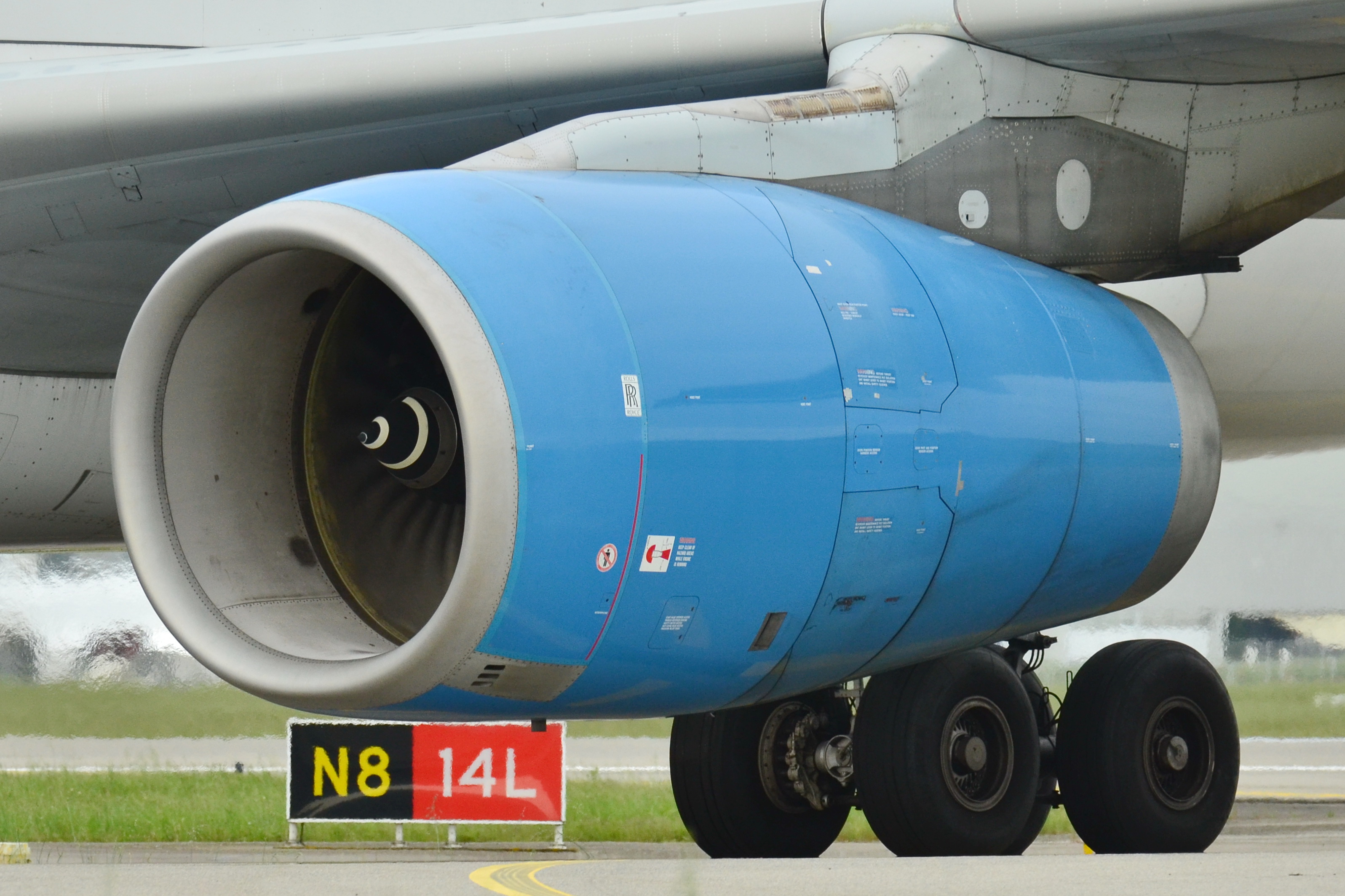
Vietjet, which is Vietnam’s largest airline in terms of the total number of passengers transported domestically and the country’s second largest airline in terms of fleet size, currently has a fleet of 90 narrow-body aircraft. The airline’s ability to stay agile and financially resilient in 2020 has allowed Vietjet to navigate successfully through the market headwinds due to Covid-19 pandemic.
Supporting Vietjet’s business ambitions with the addition of its fleet for long-haul widebody operations, the Trent 700 delivers the best balance of attributes to achieve the maximum capability and efficiency on the A330. With a wide fuselage, well-established technology and sound economics, the airline aims to invest in additional A330 widebody aircraft in the next few years as part of its strategic fleet expansion plan.
